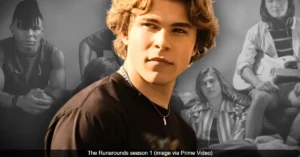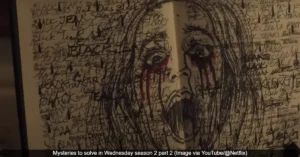South Korea’s vibrant K-Pop scene has been buzzing with the recent dating news of popular girl group member Karina from aespa and heartthrob actor Lee Jae Wook. While the international spotlight has turned towards the blossoming romance, Korean netizens are expressing major secondhand embarrassment at the entire situation.
The whirlwind began earlier this year when rumors swirled about a chance encounter between Karina and Lee Jae Wook at Milan Fashion Week in January. Fans speculated that sparks flew, leading to a budding romance. Just last week, Lee Jae Wook’s agency confirmed the dating rumors, sending the K-Pop fandom into a frenzy.
While many fans showered the couple with well-wishes, others weren’t as thrilled. Some aespa fans felt Karina’s relationship tarnished the group’s image, even resorting to sending a protest truck to SM Entertainment, Karina’s agency, to voice their disapproval.
Faced with the backlash, Karina penned a handwritten apology letter on social media, expressing regret for disappointing and surprising her fans.
Here’s where things take a sharp turn. K-Pop’s global reach has resulted in international media outlets like BBC and CNN picking up the story. The BBC’s report, titled “K-Pop Star Apologizes After Relationship Goes Public,” highlighted the disgruntled fans and their protest truck.
K-pop star Karina apologises after relationship goes public https://t.co/OGKSxhU16N
— BBC News (World) (@BBCWorld) March 6, 2024
After this international coverage, online comments from Korean netizens exploded with phrases like “This is a real embarrassment for the country” and “The fans are bringing us shame.” Many netizens felt the outrage over Karina’s dating life and the subsequent apology were a massive overreaction, painting a negative picture of Korean fan culture on the global stage.
“I think this issue became bigger after Karina actually wrote the apology,” one commenter remarked, highlighting how the idol’s attempt to appease fans might have backfired by fueling the international narrative.
The situation underscores the clash between traditional K-Pop fan culture, where idols are often seen as unapproachable and unattached, and the growing global audience embracing a more relaxed and supportive stance towards celebrity relationships. Korean netizens are caught in the middle, hoping to project a more mature image internationally while contending with the passionate, and sometimes dramatic, reactions of some K-Pop fans.

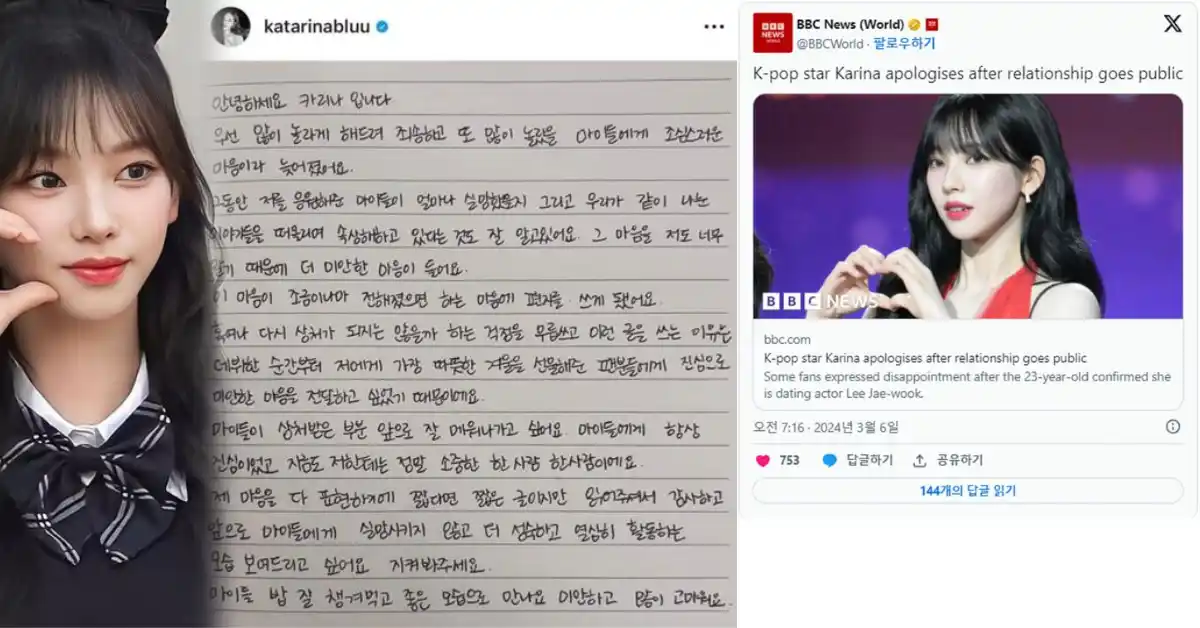


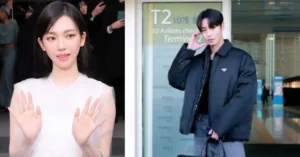




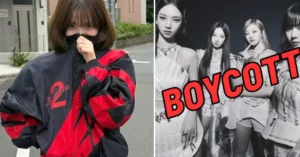
![Fans Defend aespa After On-Stage Laughter Sparks Backlash; Karina's Jacket Adds to Controversy [WATCH] Fans Defend aespa After On-Stage Laughter Sparks Backlash; Karina's Jacket Adds to Controversy [WATCH]](https://vviptimes.com/wp-content/uploads/2025/05/aespa_Image_via_X_@aespa_official-300x157.webp)

